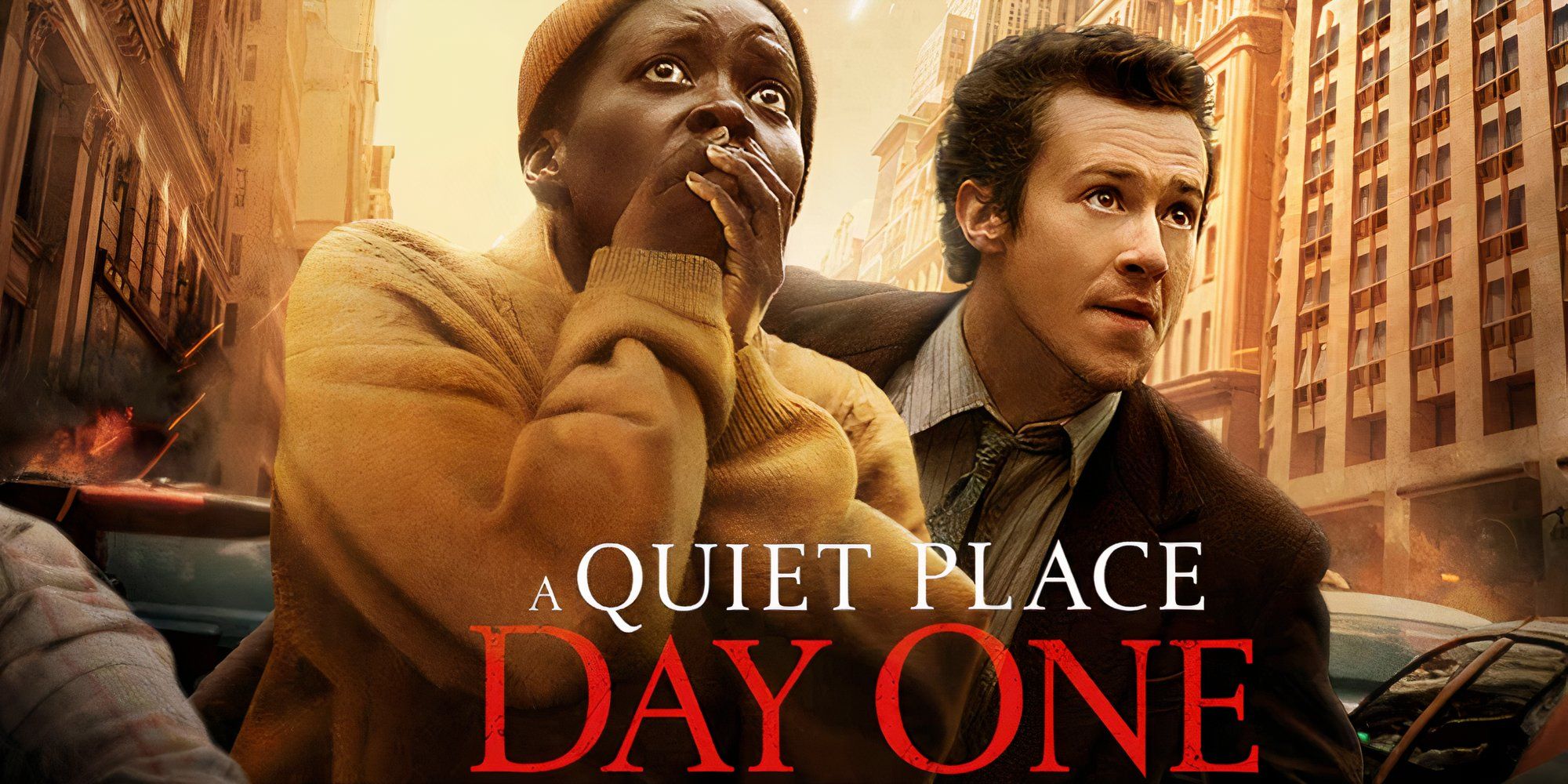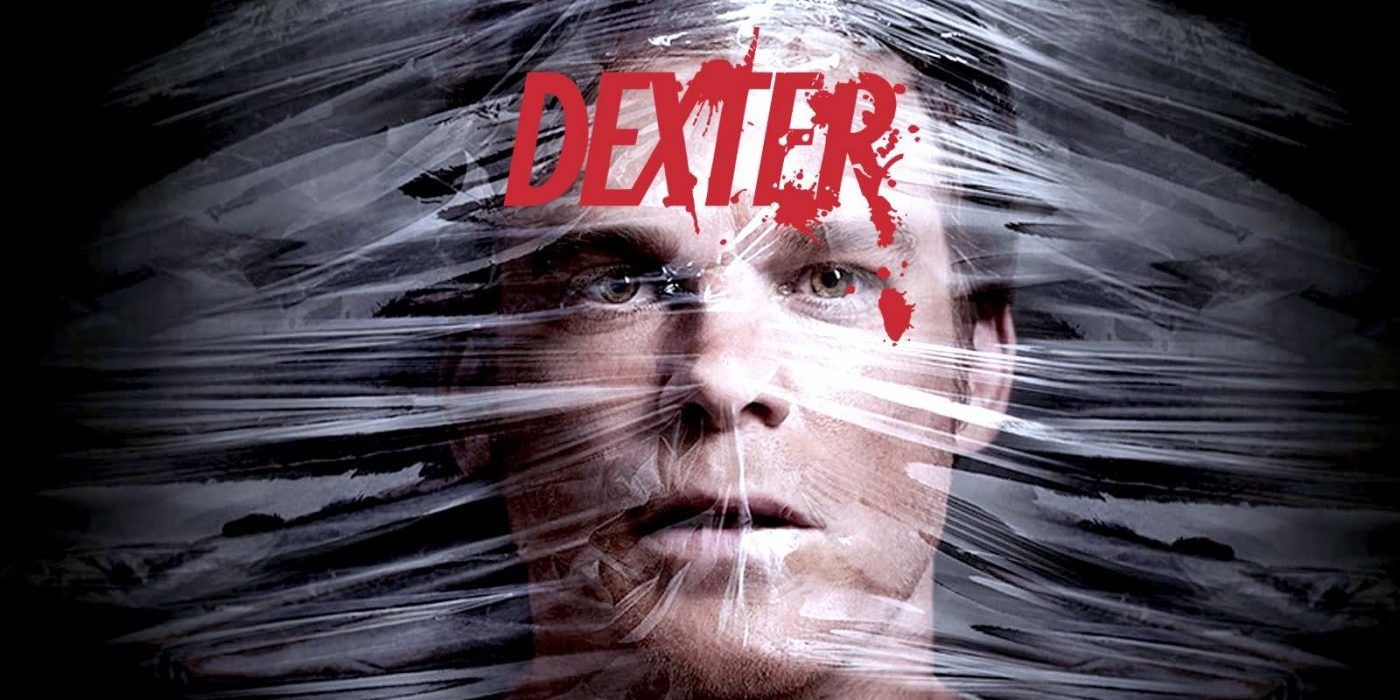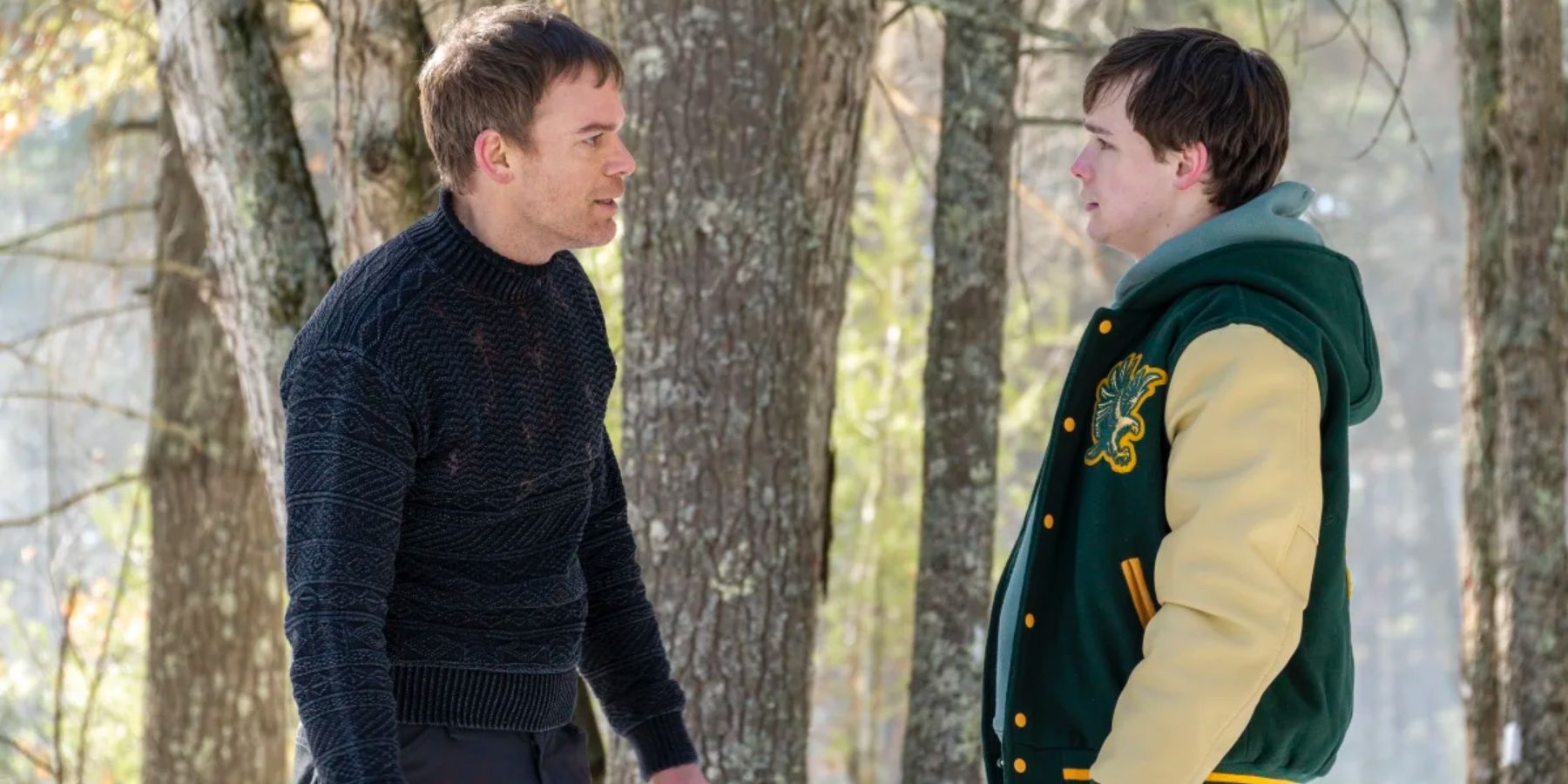TV’s favorite serial killer, Dexter, returned late last year for a limited series said to make up for the latter seasons, and the much-maligned ending, of its first run. Labeled Dexter: New Blood, this sequel’s first nine episodes were greeted with genuine excitement and praise, spawning hope that the writers could land the finale after the original run’s ending went down as arguably one of the worst conclusions in television history.
However, history seemed to repeat itself, with New Blood’s ending similarly angering fans. Here’s why Dexter has continually failed to stick the landing. Dexter: New Blood’s finale had many monumental events for the characters of the show. The most obvious of these is that Dexter is killed, but the lead character’s death might not even be the main issue fans have had with the finale. More broadly, there are consistency issues with the rest of the show that are extremely similar with the season 8 Remember The Monsters?.
That each finale is inconsistent with the rest of the show is ultimately down to a disconnect between fans and the writers. Fans seem to view Dexter as a hero, or an anti-hero at his worst, and as a man who channels the darkness he acquired, not of his own accord, for good. Dexter is good with kids, for example, and is seen with Astor, Cody, and Harrison in many heartfelt scenes. He’s labeled as a psychopath in the show, but the writers push the boundaries of this diagnosis by showing how Dexter truly cares about people. He feels a genuine connection to those close to him, and protects them however he can. As an incredibly resourceful killer, he is typically able to protect them well. Overall, these traits make fans side with Dexter despite the fact that he’s a serial killer.
The writers of the show seem to take a different view, however. Both finales were written by different creative teams, but each group seemed to take the same view on the title character. Dexter might be good with kids, a result of their innocence mirroring what he lost when he watched his mother get killed, and might have a strict code to only dispose of cold-blooded killers. However, in a show that often pushes the boundaries and resides in a gray area, both in terms of tone and the main character, the writers of both finales were determined to define Dexter as an evil person. While fans see him as a hero, the writers wanted to portray him as a villain, reminding the audience of who he really is: a serial killer.
This stance is seen first in the final episode of the original run. Dexter attempts to move on from killing and his life in Miami, but his decisions and role as a serial killer ultimately quell any hope and dream he had. Dexter’s murders made him the center of attention for Oliver Saxon and put his sister in the crosshairs of this dangerous man. It’s this confrontation that ends up being the reason for Deb’s death, labeling Dexter as responsible for her passing. This is one crucial element in the finale that helps the writers in their attempt to define the character as a villain. If Dexter wasn’t a serial killer, Deb would have never been near Saxon, and would still be alive. It’s a monumental moment in the show that changes everything, highlighting just how dark the original ending is.
The ending is made even darker when Dexter fakes his death and abandons his son, leaving Harrison to believe that he’s now lost both his mother and father. Dexter then isolates himself in Oregon, confided to his own personal hell, so much so that some fans even theorized that he was in the afterlife and serving time as punishment for his crimes. All in all, it’s an ending for a villain, just as the writers wanted it to be. They wanted it to be a dark, almost the opposite of a happy ending, and they certainly achieve that.
Fans’ issue with the ending is just that: too grim of a conclusion for a character that they’ve been made to sympathize with. Despite wanting to end the show with Dexter as a villain, the writers spend every episode of the original run prior to the conclusion giving the audience reasons to side with the character. His relationship with kids, his bond with his sister, wanting to help his wife Rita, and inherent relatable loneliness are all part of the humanization of Dexter by the writers. At the final moments, turning Dexter away from that type of person and revealing him as more evil and altruistic is a bold choice, and one that demonstrates the disconnect at hand.
Dexter: New Blood’s conclusion doubles down on the original ending, doing many of the same things that audiences didn’t enjoy the first time around. Defining Dexter as a bad person and quickly turning him more evil in his final moments with uncharacteristic actions that are meant to show his true nature but ultimately end up coming off as jarring for the viewer are bold, familiar choices made in this finale. Dexter is portrayed as a highly manipulative individual in this finale, which he has always known to be as he hides his serial killer ways, but never to this level.
For the first time, he’s almost unlikable, which is exactly what the writers want. He reminds Logan, the police deputy, of his deceased family members, a point that seems to haunt the officer throughout the season. He does this as an attempt to escape, just as he uses Angela’s connection with her now dead best friend as a means to send her away from the station so he could flee. All of this makes him more of an unsympathetic charter right at the final moments. This feeling gets even more intense as he kills Logan, one of the main reasons why his son, Harrison, kills him minutes later.
Dexter’s death wouldn’t automatically go down poorly in the show’s fandom, but it’s the context that made it be received negatively here. He dies as a villain, not as a hero, despite the audience seeing him as a good person. Fans like him, whereas the writers arguably don’t, and instead take the more realistic route with their ideas. If Dexter existed in the real world, his morals and actual intentions would genuinely be in question, but given that this is fictional television, most audiences have no qualms sympathizing with him. All of this highlights the inherent disconnect that prevents the show from having a successful ending.
With the audience having a completely different opinion of the character than that of the writers of the show, it seemed inevitable that the conclusion would displease many fans.
Dexter has always been an incredibly unique show, a big reason for its immense popularity and position as Showtime’s most popular original series ever, so in the uncharted territory such as the ending of something so unique, it would make sense if it didn’t sit well with everyone. However, the gap between fans and writers was simply too big to make a universally well-received ending.







